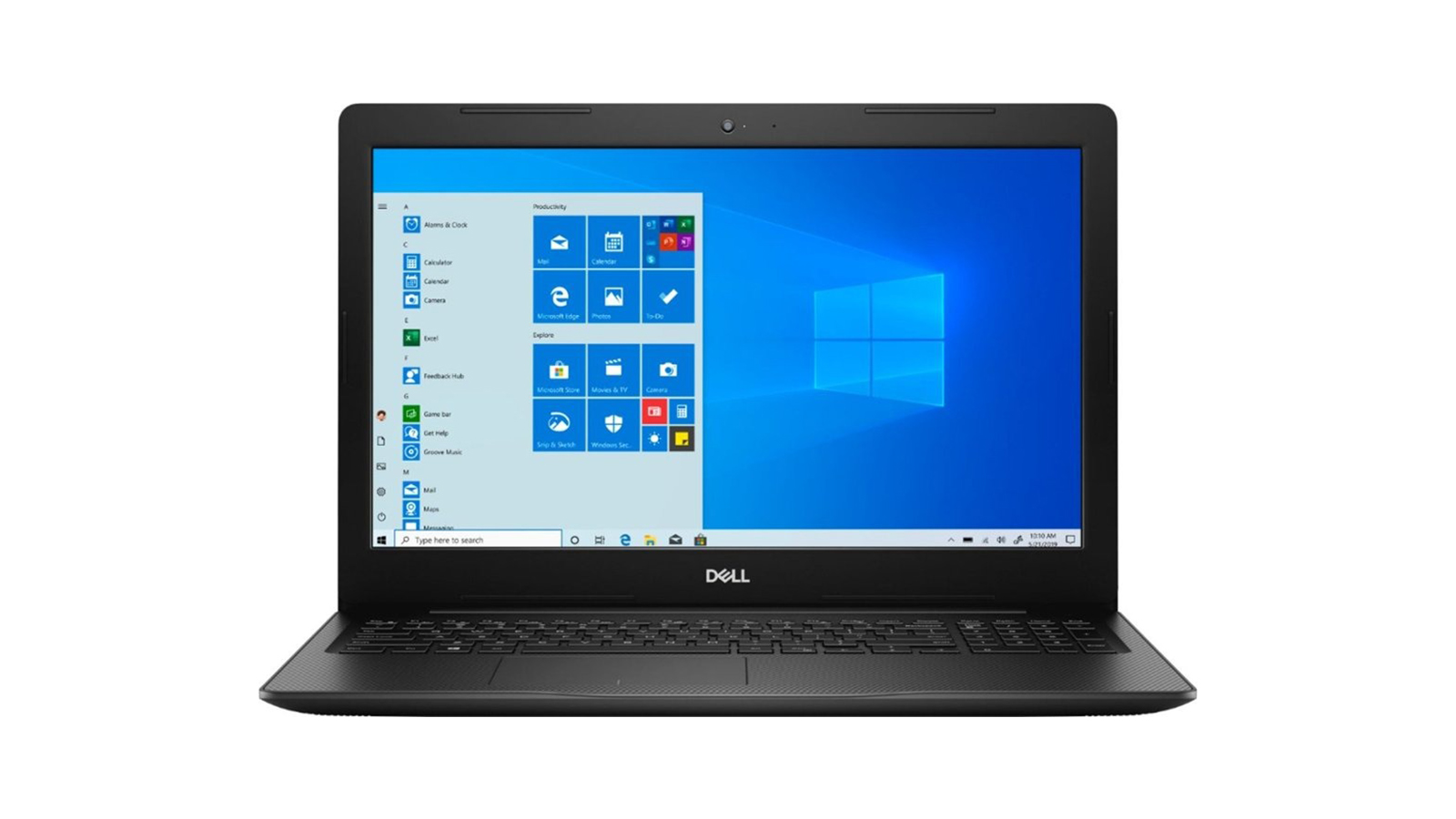Essential tips on making soundtrack music for TV and film from the duo who have scored trailers for blockbusters
We talk to Protege music production school founders Vikram Gudi and Richard Schrieber about how to get started
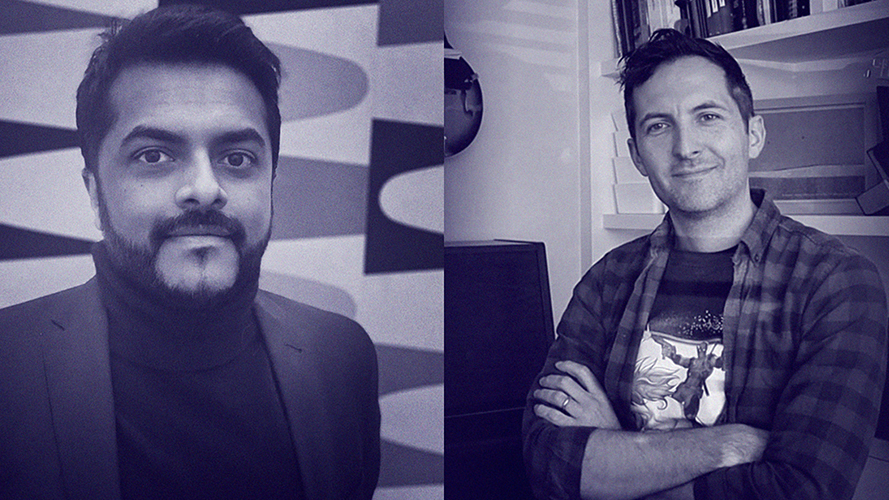
Composing music for licensing to television and film can be one of the most overlooked and misunderstood areas of the industry by musicians looking to start a career, but it has huge potential for those looking to work from a home studio setup and make a living.
Richard Schrieber and Vikram Gudi have an impressive CV in this field that includes credits that include trailers for Captain America, Glass, Blade Runner 2049 and Call of Duty: Modern Warfare. They are now sharing their wealth of experience by founding the Protege online music school.
They're offering some of that insight in our interview too as they celebrate offering a free taster of Protege for musicians.
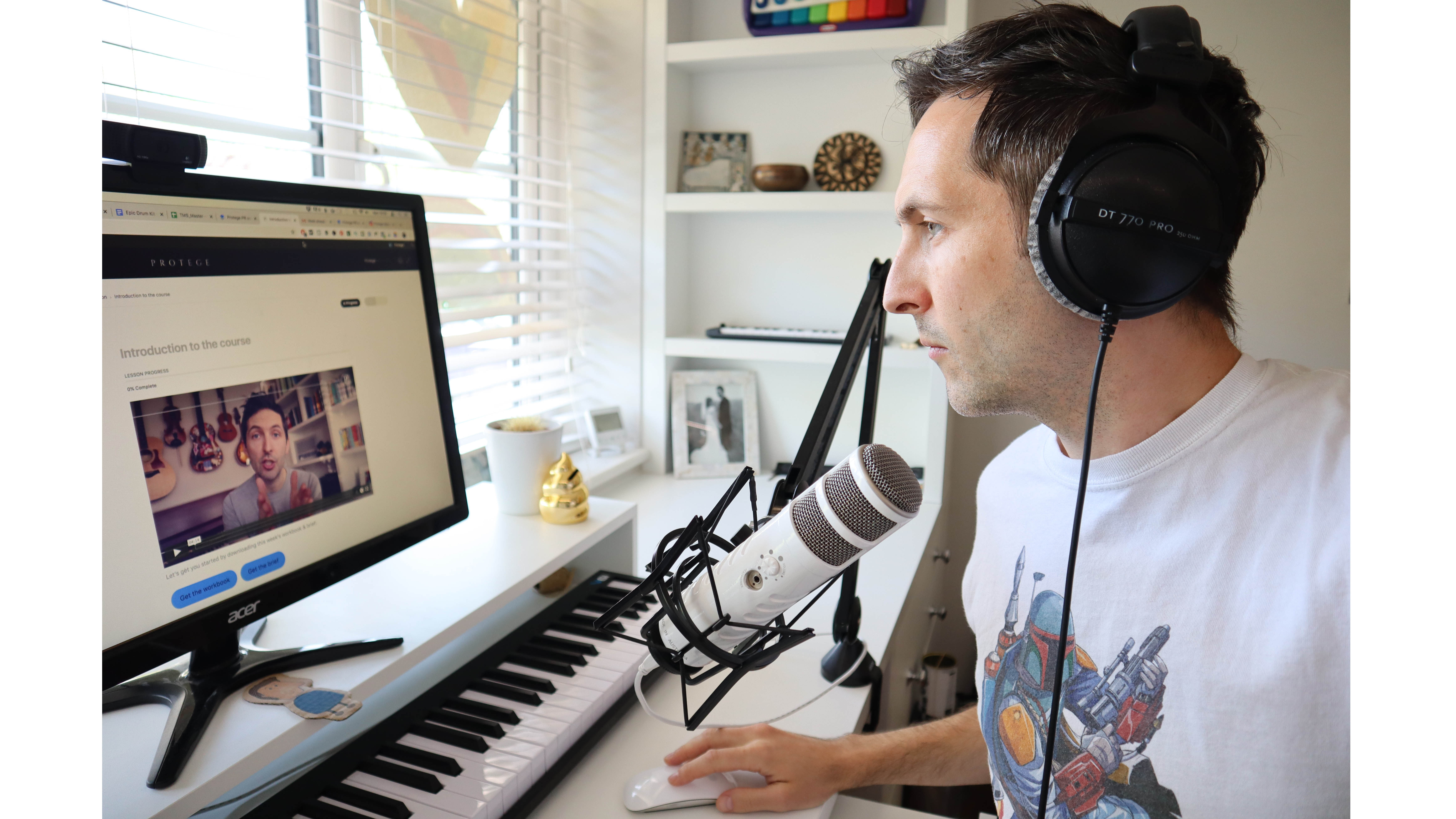
Richard Schrieber is an award-winning composer and Vikram Gudi is a leading sync specialist and music industry entrepreneur; co-founder of Split Music Publishing, Mammoth Audio and Elephant Music.
Their Protege online music production school offers musicians the chance to learn how to earn money from their music; building a career creating music from home.
The full course will include six modules to provide musicians with the tools for successful careers in the music industry, along with directly weekly feedback from the tutors. Richard and Vikram will also offer access to their extensive industry network to further pupil's ambitions in achieving TV and film music placements.
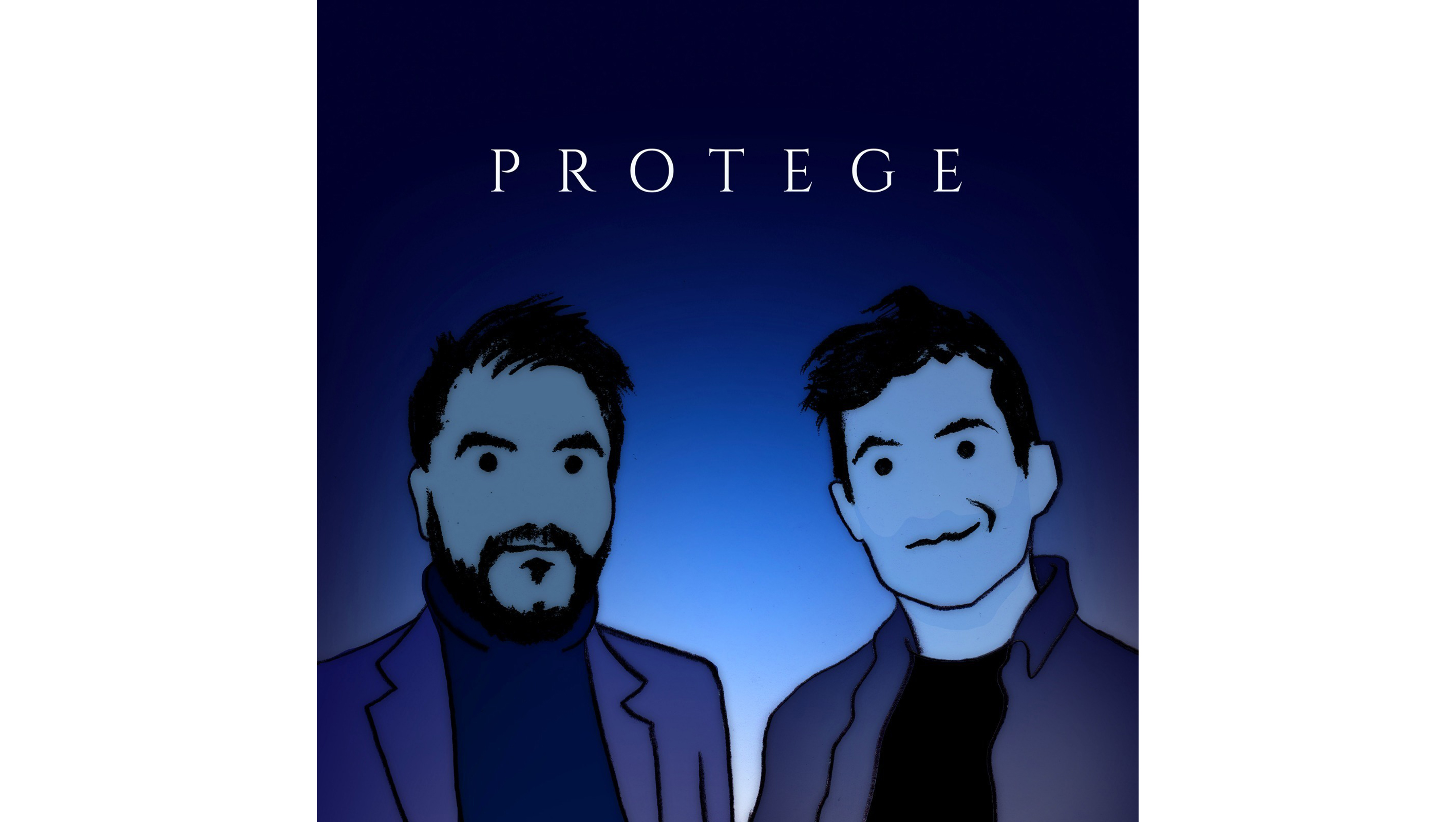
"We wanted to make a difference to people’s careers"
Protege states that composers will be granted direct access to publishers, labels and libraries, and their completed compositions will be sent directly to the biggest names in the trailer, film, TV and gaming industries.
Get the MusicRadar Newsletter
Want all the hottest music and gear news, reviews, deals, features and more, direct to your inbox? Sign up here.
“The problem with most music schools is that they don’t teach anything about mindset," says Richard. "There is often a distinct or complete lack of real-world projects, with no direct or tangible professional opportunities to match an individual’s initial investment.
"We wanted to make a difference to people’s careers by pooling our knowledge to help those wanting to crack the music industry.”
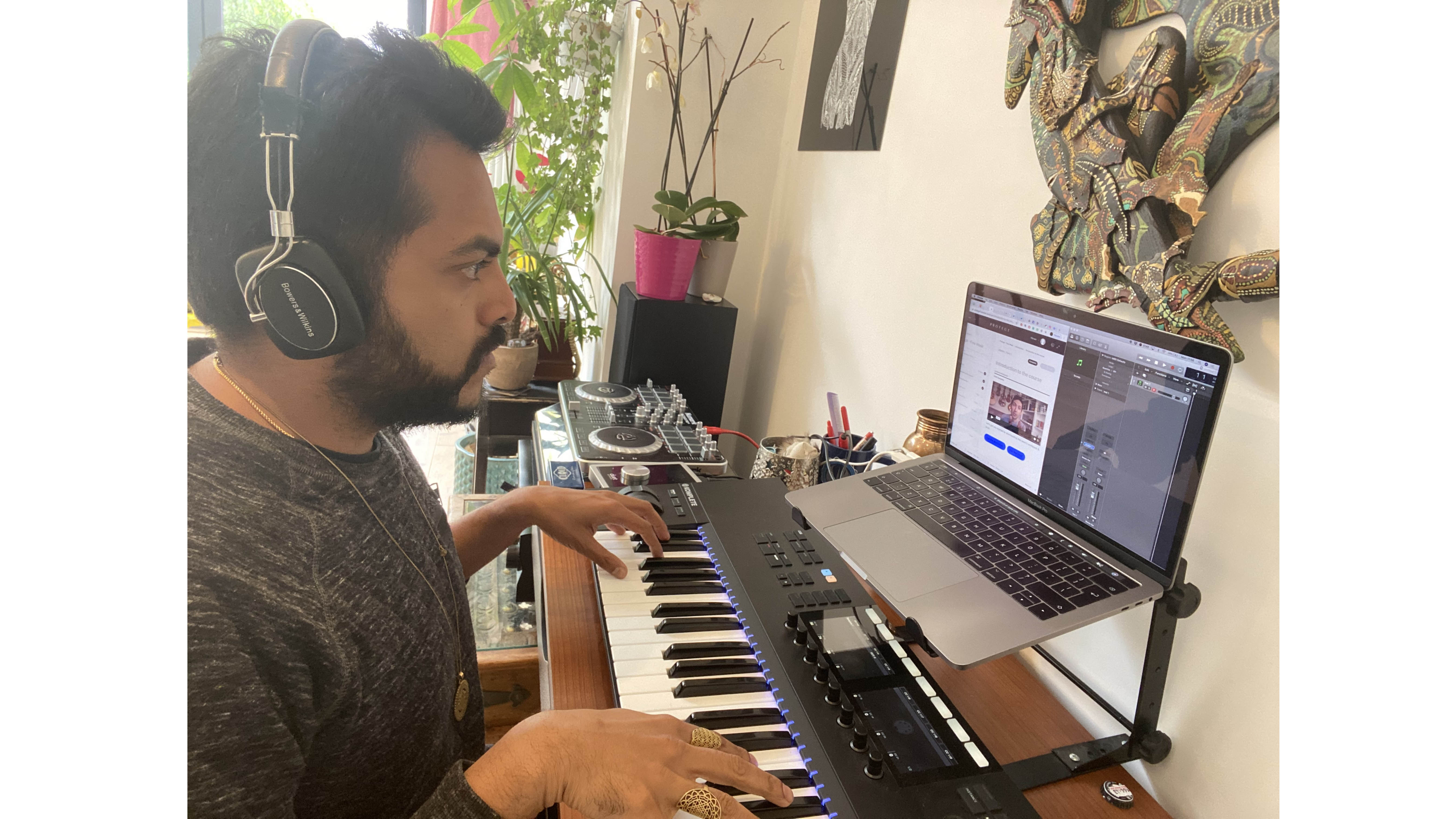
Vikram is equally aware of the challenges musicians face in today's industry, and the course reflects the need many have to work successful from a home environment.
“We’re grateful to this industry that’s given us so much and we hope the free week trial will inspire pupils and open their minds to what’s possible.”
“It’s a really tough time for everyone," says Vikram, "but there has never been a better moment to maximise this special opportunity to compose from home. We hope to inspire a new generation of composers and producers by teaching them the formula to establish stable careers from music.
“We’re grateful to this industry that’s given us so much and we hope the free week trial will inspire pupils and open their minds to what’s possible.”
Ahead of its September launch, Protege is offering the one week taster for free. For the full course, 100 pupils will be accepted per year and the trial allows potential student the chance to see what is on offer.
Head to protegefreeweek.com/register to sign up and read on below for our interview with Richard and Vikram with valuable advice for anyone interested in making a living from creating soundtrack music.
A photo posted by @protegeschool_ on Apr 27, 2020 at 2:36am PDT
If someone wants to start composing music for licensing, what are the first steps they should take?
Vikram Gudi: "They should first make sure they have a DAW, a decent laptop and MIDI keyboard. That’s honestly the only gear you need. The next step is to allocate a portion of their free time to learning their craft.
"Join some free learning YouTube channels, composer groups on Facebook and get involved in the composer community. They can take part in our free online taster course as well as part of their education.
Richard Schrieber: "I would add that mindset is as key as skill set, with some of the key elements being taught at Protege. The first one being that they need to write music as often as possible; everyday would be best. Your composition muscle needs as much working out as your guns!
"Next I would suggest that they focus on two more things; what they enjoy writing and what they are curious about. Following those two paths always lead to better writing, more joy and more productivity as a result."
"We landed a sync from a track I wrote using stock samples and an outdated version of Reason that ended up paying out over £70k!"
Does it require a lot of recording gear and sound libraries to get started?
Vikram: Absolutely not - just a DAW and keyboard. There’s a ton of free stuff out there like Spitfire labs and from Mammoth Audio to get your started for sure.
Richard: "I second that, we landed a sync from a track I wrote using stock samples and an outdated version of Reason that ended up paying out over £70k! Again, if the writing is solid, then you are on to a winner."

Is it important to be well-rounded in terms of the genres you compose, or better to find a niche and be great at one thing?
Vikram: "It depends, I think it’s important to have the ability to compose all genres as there is a big market in custom music, where you have no control on what the client wants.
"However, in terms of your albums and releases, it’s important to perfect your own signature sound - that in itself can become a niche."
Richard: "Great question. I would say it comes back down to what you enjoy and what you are curious about. If you are exploring all sorts of genres because you genuinely want to and enjoy it then do that, if however, you just want to do dark string-based horror music then just do that.
"What Vik said about getting your own sound is really cliched but totally true. You will find this by practicing writing and focusing on what gets you excited."
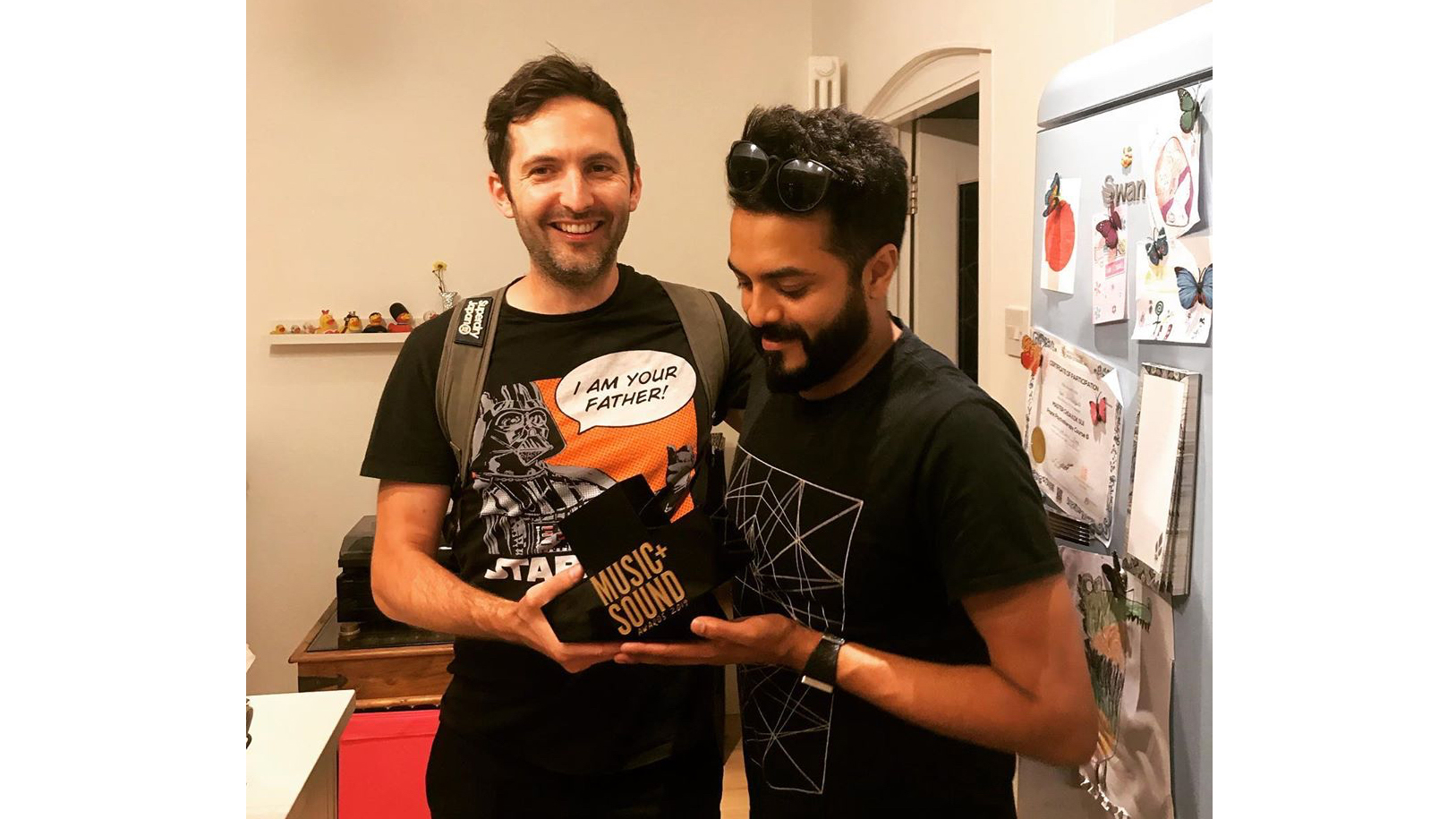
Music for film and TV can be intimidating – is it limited to those with the ability to write epic string arrangements and complex scores, or is there just as much call for more contemporary styles of music?
Vikram: "Haha - maybe once upon a time an epic still pops up, but the market has changed a lot. Most of our placement come from experimental cello horror tracks, modular synths and found sounds.
"Most of our placement come from experimental cello horror tracks, modular synths and found sounds"
Richard: "I say, embrace the weird inside of you. People pick up on original and interesting sounds and it gives their shows character.
"You don't have to be able to even understand music theory as long as you can navigate a DAW. Again, we have made good money from sound design and drones (they sounded interesting and had impact)."
If someone is writing without a commission in the hope of their music being licensed, will they need to create various versions of their composition at different lengths?
Vikram: That depends on which library you are working on, but often ‘yes’. More so in the world of advertising, but in the film and trailer world it's more about having variations - no vocals, no drums etc.
"Technology has allowed editing has become a lot easier, so clients tend to be less picky about lengths."
Richard: "If they are just pitching their work to publishers they just need to make work that catches someone's attention, the variations and cutdowns would come later (if at all)."
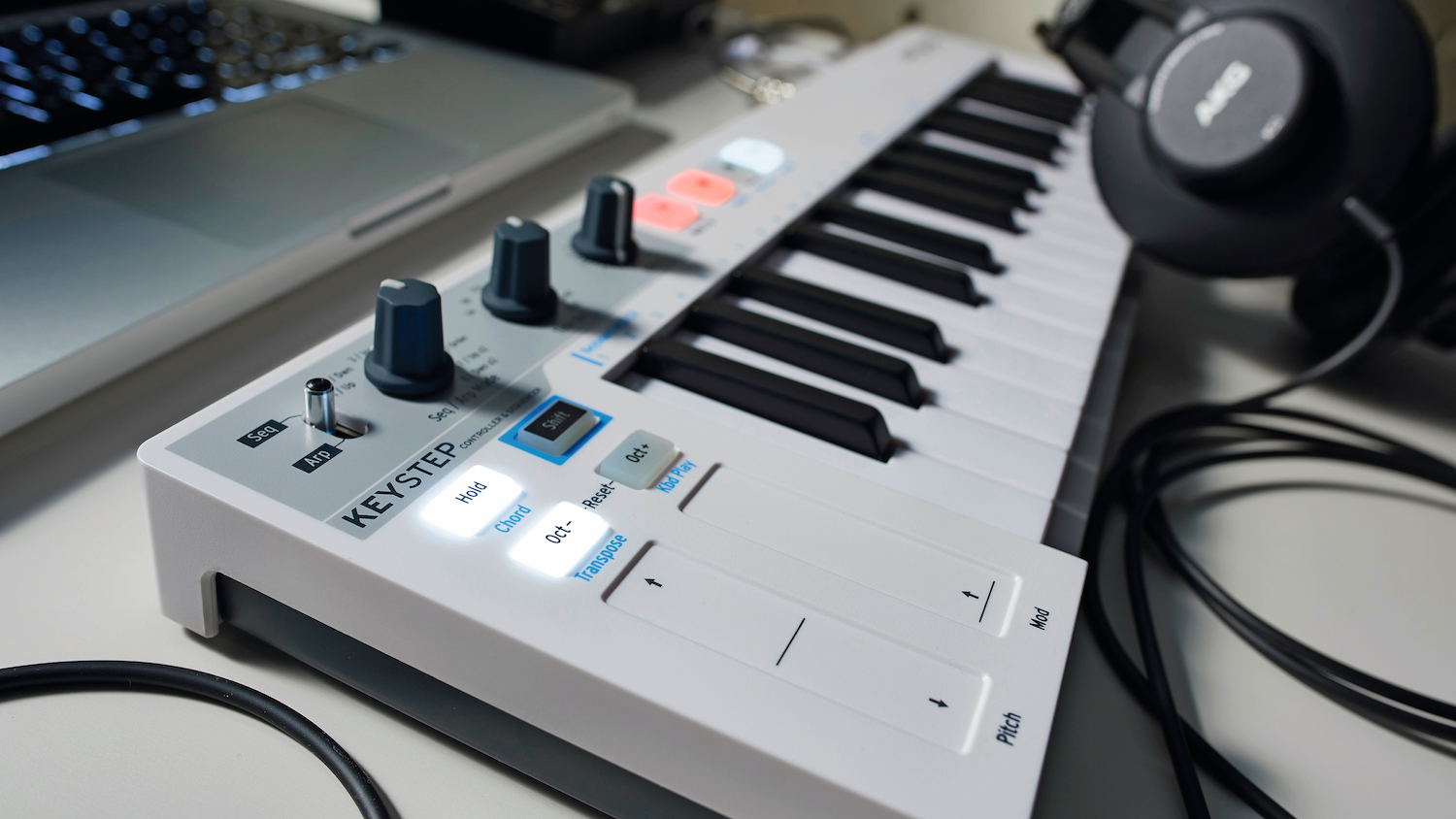
Is there common terminology relating to this that composers will need to be aware of when taking on commissions/creating compositions? If so, please could you outline the most common?
Vikram: "Custom / bespoke - this means work for hire or from scratch. In the States this is sometimes called original music as well which can be confusing to some Brits.
"Beware of people offering you buy-outs because this means you will get no royalties. Try and get a demo fee, but don’t let it be the deciding factor – it’s always good experience doing commissions."
Richard: "Stems - this is groups of instruments exported as one audio file (e.g. long strings, choir, percussion etc) You send these to the clients so that they have more freedom to edit your track to the visuals.
"Demo fee - small fee to pay for your time to create a demo (you don't always get these)
"Cutdowns - creating shorter versions of your track (90s, 60s, 30s, 15s, and a sting - kind of like an audio ident)."
A photo posted by @protegeschool_ on Apr 30, 2020 at 3:14am PDT
Writing music for licensing doesn’t have to mean aiming for a blockbuster straight away – what are some of the other outlets people should consider for their music?
Vikram: "There is a big demand for really nice neutral piano music, and also ambient electronica - for modern productions, on social media. It’s about having enough space in your tracks so it can be layered with voiceover.
"A nice emotional string track always does well as long as we don’t get too massive in the backend. Composers make the mistake of always aiming for the big movies from day one. It’s great to be ambitious but finding the sound that naturally suits you is more important."
"Do what you love as there is undoubtedly an output for it"
Richard: "We are blessed to have so many outlets for music these days and also the barrier to entry with gear is so low too which means that actually there is call for almost every type of music.
"The common ones are, as Vik says, piano-based, string-based, beat-based. These get used a lot and on all platforms. It really depends on what the composer wants to achieve because often each outlet has its own requirements.
"Take TV spots (TV trailers) for example. They can be extremely experimental and unusual because they need to capture attention and quickly. Corporate on the other hand often ends up as music washes that don't grow much if at all and are there to add colour to the visuals, making the brand feel "trusted" and "cool".
"This is the wonderful thing about what we do and what we want to inspire in our students, do what you love as there is undoubtedly an output for it."
A photo posted by @protegeschool_ on May 5, 2020 at 10:19am PDT
These pieces will often be short, but they still require a full structure (intros, different sections, endings etc.). Is it common for people to get stuck in a ‘loop mindset’ at first?
Vikram: "I don’t think there’s anything wrong with the loop mindset if you’re arrangement is solid. We actually teach how to make loop-based tracks, quickly and efficiently.
"It’s about getting to know your own strengths and weaknesses and comes down to your process. If loops work for you, you should use loops. But if you aren’t getting anywhere maybe it’s a psychological block, which we also teach about overcoming.
Richard: "Structures are there as guidelines. They are not the one rule to rule them all. If you want to create "looping" minimalist music, do it - people LOVE it! We often teach people to use "loops" as a way to relieve the pressure of getting the structure down.
"The most common issue there is not knowing how to make a looped idea feel like it is changing/developing. This can be overcome in many ways, the most important being looking at variations and using them to give character to each reiteration of the loop. (I say loop, but I really mean pattern).
"One of the things we teach at Protege week in week out is to show the composers how to develop any idea no matter how big or small, into licensable music."
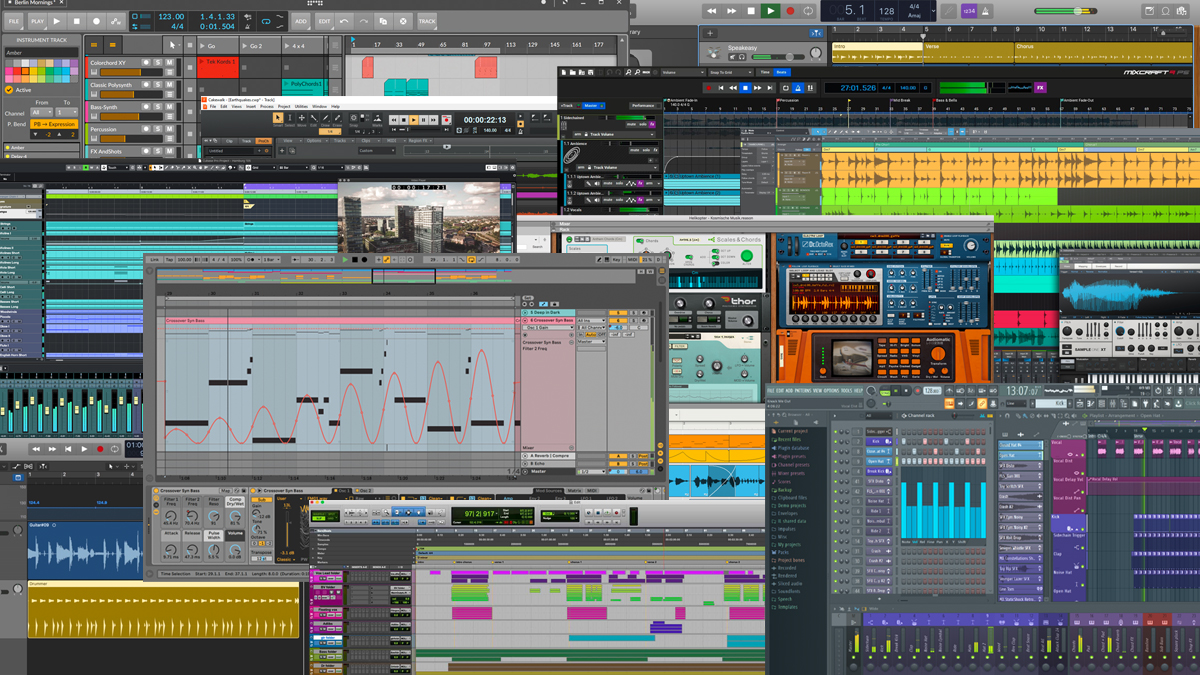
The best DAWs 2020: the best music production software for PC and Mac
Are pastiches a big part of creating music for sync?
Vikram: "For sure and sometimes it’s hard to draw the line. Music has been recycled and re-iterated for centuries so it’s quite a natural process.
Richard: "The industry still uses reference tracks so of course there will be an element of that."
How does the copyright work for this type of composition – does the composer remain the owner of the copyright?
Richard: "Mostly the composers and the publisher will share the publishing, but the composer will retain full ownership of writer’s share."
"There a lot more buyouts happening nowadays which I don’t agree with, but some composers will take any job to get a credit. Unfortunately, this doesn’t help the industry though."
What about payment - is it royalties for airplay, one-off payments for usage etc?
Vikram: "Both sync fees and royalties are available, but it’s a complicated process with lots of loopholes. A lot of covers tend to be buyouts though and of course, the original writer will get those royalties.
"This does vary depending on what the outlet is; trailer pay is big up front but not on the backend, whereas TV doesn't so much up front, but the royalties can be huge."
"It’s quite easy to earn $50k per year but not uncommon to earn $300k per year either – it just takes a few years of constant output"
If possible, please could you explain what people should expect to earn from the use of their music in a few different capacities?
Vikram: "Very difficult questions as it depends on the output. The more quality tracks you finish and release, the better your chances of getting placements. It’s quite easy to earn $50k per year but not uncommon to earn $300k per year either – it just takes a few years of constant output.
Richard: "The pay out for work can vary hugely; some big trailer will only pay a few grand whereas some ads (even for smaller brands) could pay well over £50k. As Vik says, consistency is key."
If someone believes they’ve written music that would fit a TV show, how should they go about getting it heard by the right people?
Vikram: "Music conferences such as Reeperbahn, SXSW, CMJ, Liverpool Sound City are a great way of networking with supervisors. Most of them offer meetings / speed dating sessions and some even offer listening sessions where supervisors give you feedback on your tracks - this can be a little brutal though as it's in front of everyone, haha."
"Almost 95% of my work has come from personal connections"
How can composers get their music heard by potential clients - are there online agencies for music syncing that you’d recommend using?
Vikram: "It's important composers work with libraries and agencies they have an emotional connection with - that way the relationship is organic and the work will be better. I’m not sure of many agencies as I don’t use them. I find the personal touch works better for me."
Richard: "Almost 95% of my work has come from personal connections, whether that is meeting someone in person or finding a common ground (nerding out) online.
"Other than that, that is another reason we wanted to create Protege; to build a platform and a community for composers to not only learn and hone their craft but also to find and build professional relationships. And of course, to give them opportunities right from the get go to get their work placed."
For a free week taster of Protege's music production course head over to protegefreeweek.com/register
For the full Protege course visit protegewaitlist.com

Rob is the Reviews Editor for GuitarWorld.com and MusicRadar guitars, so spends most of his waking hours (and beyond) thinking about and trying the latest gear while making sure our reviews team is giving you thorough and honest tests of it. He's worked for guitar mags and sites as a writer and editor for nearly 20 years but still winces at the thought of restringing anything with a Floyd Rose.
